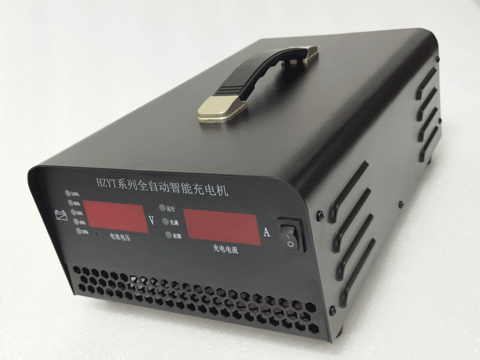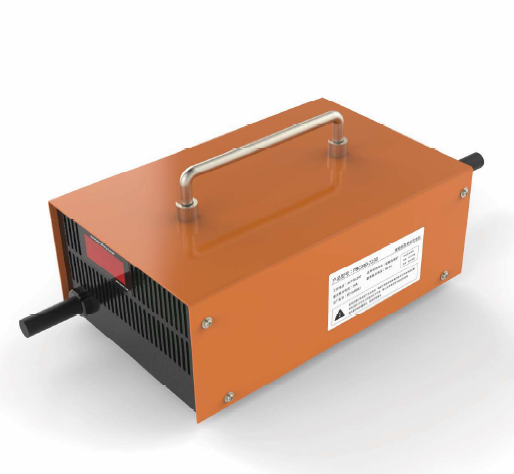While safety, reliability, and comfort are all important when choosing a vehicle, there is another key factor to consider when it comes to plug-in hybrid electric vehicles (PHEV) and battery electric vehicles (BEV); time. While it takes only a few minutes to recharge an internal combustion engine (ICE) vehicle, it takes much longer to recharge the traction batteries of PHEVs and BEVs.
There are several types of electricity available today. A hybrid vehicle has both a fossil fuel-powered drivetrain and an electric drivetrain that can be organized in different ways. Some types, such as mild hybrids, have smaller batteries and are charged by a combination of ICE and generator. Regenerative braking provides some charge to extend range when the vehicle slows down and the motor runs in reverse as a generator. PHEVs and BEVs are able to plug into the main grid when the vehicle is stationary and charge the battery from there.
The Society of Automotive Engineers (SAE) defines the main types of charging available for electric vehicles in its SAE J 1772 standard. The standard includes estimated charge times, but these should only be used as a rough guide because many factors are involved, including the battery's state of charge (SOC) and the efficiency of the charger.
First, charging can be either AC or DC. Batteries require DC charging, so in AC charging, there is a switch between the charging socket and the battery, while in DC charging, the vehicle is plugged directly into DC power, which can power the battery. The different "levels" have to do with the amount of power that can be delivered, which in turn has to do with power. The higher the level, the more power available and the shorter the charging time.

Another key difference is the location of the charger. In DC charging, the charger is off-board and all power conditioning, including rectification, is done off-board. DC charging tends to have the highest power rating and is used in many commercial/public charging stations, such as those in gas station forecourts or along highways.
Depending on the activity/lifestyle of the vehicle user, charging is generally divided into three types. "Main port" charging refers to charging at or near home or work, while "destination" charging includes charging when the vehicle is parked somewhere for an activity. Examples include restaurants, shopping malls, stadiums, etc. Both categories typically provide AC power and rely on on-board charging, while the final charging type ("range extension" charging) uses very high levels of DC power. Extended-range charging is similar to a gas station, allowing vehicles to be quickly charged while on the road.
Benefits of on board charger
The main benefit of a on board charger is that it uses readily available AC power, and with an extension cord, the vehicle can be plugged into any of the billions of outlets installed in every building.
Level 1 AC charging uses single-phase power, which limits usable power to around 1.9kW (120V supply) and 3.7kW (220-240V supply). This is the most common type of charging in private homes.

However, businesses often have three-phase power available, and charging with that increases the available power to around 20kW, which provides much faster charging than Level 1.
AC charging is the most flexible because charging points are available and can meet the full charging needs of some users, depending on their lifestyle and how the vehicle is used. If the vehicle is only used for commuting during the day, it is very convenient to charge the vehicle at night. Because the charging time is too long, AC charging is not suitable for range-extended charging with a driving distance exceeding the vehicle's mileage.
Contact Person: Miss. Kiki
| WhatsApp : | +8617763224709 |
|---|---|
| Skype : | +8617763224709 |
| WeChat : | +8617763224709 |
| Email : | kiki@lifepo4-battery.com |